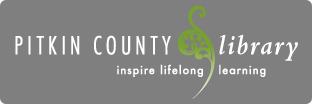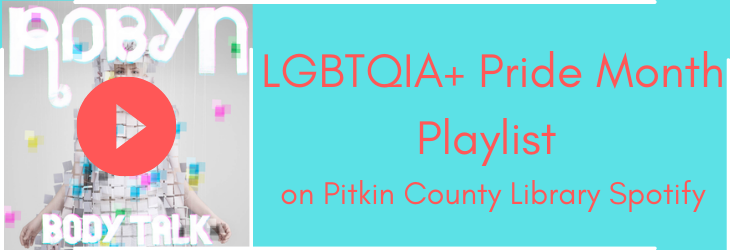Why June?
LGBTQIA+ Pride Month is celebrated in June to mark the anniversary of the 1969 Stonewall Uprising at the Stonewall Inn in Greenwich Village. There had been a number of protests by LGBTQIA+ groups against the social and political discrimination their communities faced before the Stonewall Uprising. However, this particular event became a symbol of resistance against the constant harassment and discrimination. It also became a symbol of unity for the LGBTQIA+ community and sparked the formation of numerous LGBTQIA+ activist groups. Today June is a month to celebrate and acknowledge the contributions of LGBTQIA+ people and highlight their voices and stories. (Information from Britannica and Library of Congress).
Scroll to the bottom of the page for downloadable resource lists and resource trackers.
As part of our Read Wider program we have downloadable resource lists and resource trackers.
Downloadable resource lists are full of books, movies, music, and online resources. Each list is carefully curated by our collection librarians to highlight own-voice stories, stories of struggle, and stories of strength.
Resource trackers for kids and teens or adults are a great way to record and highlight your favorite books, movies, music, and online resources for this month. Teens can choose to use the kids and teens or the adult resource tracker. Download a resource tracker at the bottom of the page, complete it, and join us for a discussion at the end of the month on new lessons learned and what actions could be taken in the future.
What does LGBTQIA+ stand for?
LGBTQIA+ is an acronym that stands for Lesbian, Gay, Bisexual (Bi), Transgender, Queer or Questioning, Intersex, and Asexual. The plus is added to include additional sexual orientations and gender identities. Sexual orientation refers to "an individual's enduring physical, romantic and/or emotional attraction" to others (Definition from GLAAD).
While gender and sex are used interchangeably sex is the "different biological and physiological characteristics of females, males and intersex persons, such as chromosomes, hormones and reproductive organs". Gender identity is on a spectrum and "refers to a person’s deeply felt, internal and individual experience of gender, which may or may not correspond to the person’s physiology or designated sex at birth" (Definitions from the World Health Organization). For a glossary of terms and a guide to preferred language visit the GLAAD website.
Friendly reminder: Please allow people to volunteer sexual orientation and gender identity information. If you want to get to know a person one of the best questions to ask is "What are your pronouns?"
Why are pronouns important?
Pronouns are a way to communicate one's gender identity. Calling an individual by their preferred pronouns shows respect and acknowledgement of who they are. Pronouns, like a person's name, can not be assumed. Introducing yourself with your preferred pronouns or asking is the best way to confirm an individual's preferred pronouns (Information from The Trevor Project).
The most common pronouns are she/her/hers, he/him/his, and they/them/their. However there are many others and all pronouns should be equally respected. Some individuals will also make the choice to not label themselves. In this case the best practice is to refer to individuals by their chosen name. Find more information on gender identity and pronouns from The Trevor Project.
Additional LGBTQIA+ Resources
For individuals needing support, The Trevor Project provides "crisis intervention and suicide prevention services to lesbian, gay, bisexual, transgender, queer & questioning (LGBTQ) young people under 25" (The Trevor Project About Page). They also provide great resources on coming out, mental health, and how to be an ally.
For more LGBTQIA+ stories, GLAAD is an organization focused on LGBTQIA+ representation in the media and presenting accurate information about LGBTQIA+ issues in the news (GLAAD About Page). GLAAD has put together a number of publications reporting LGBTQIA+ stories and issues.
Start reading with these recommendations.
Pitkin County Library staff has recommendations for kids, teens, and adults to help get you started on your reading journey! For more resources, check out our downloadable resource lists below.

